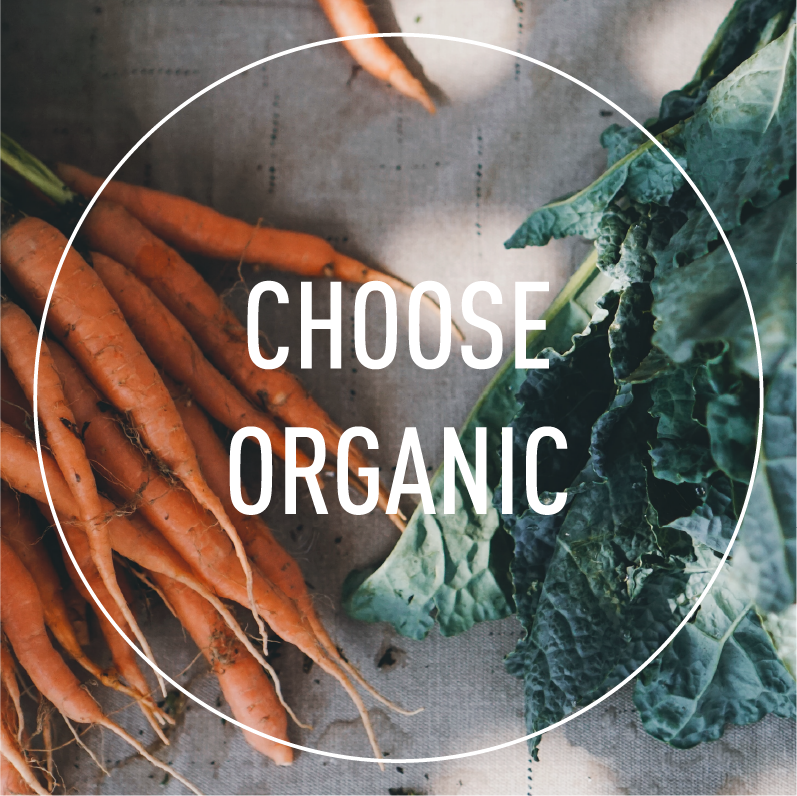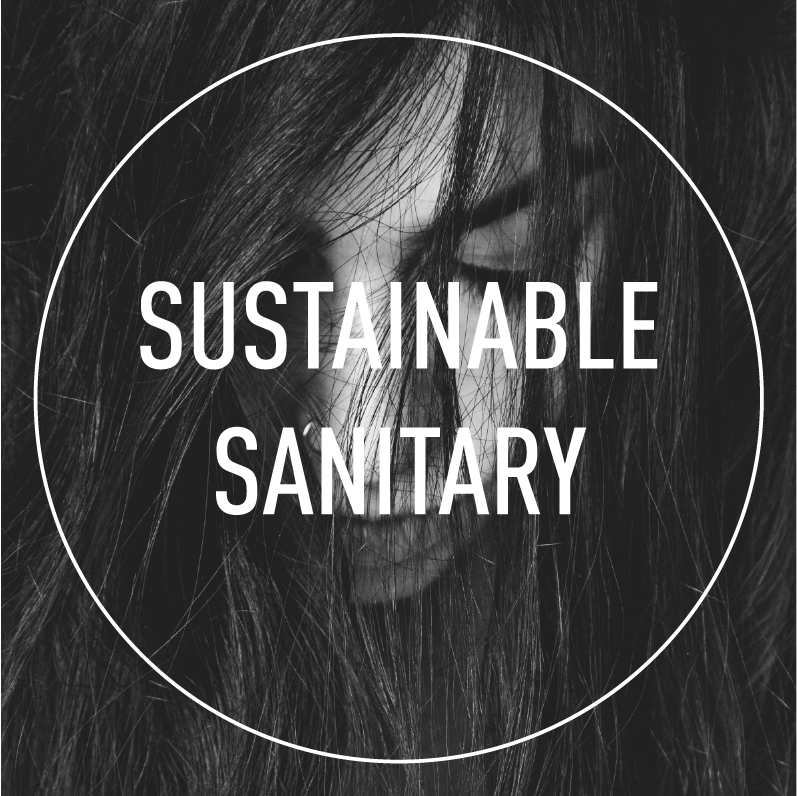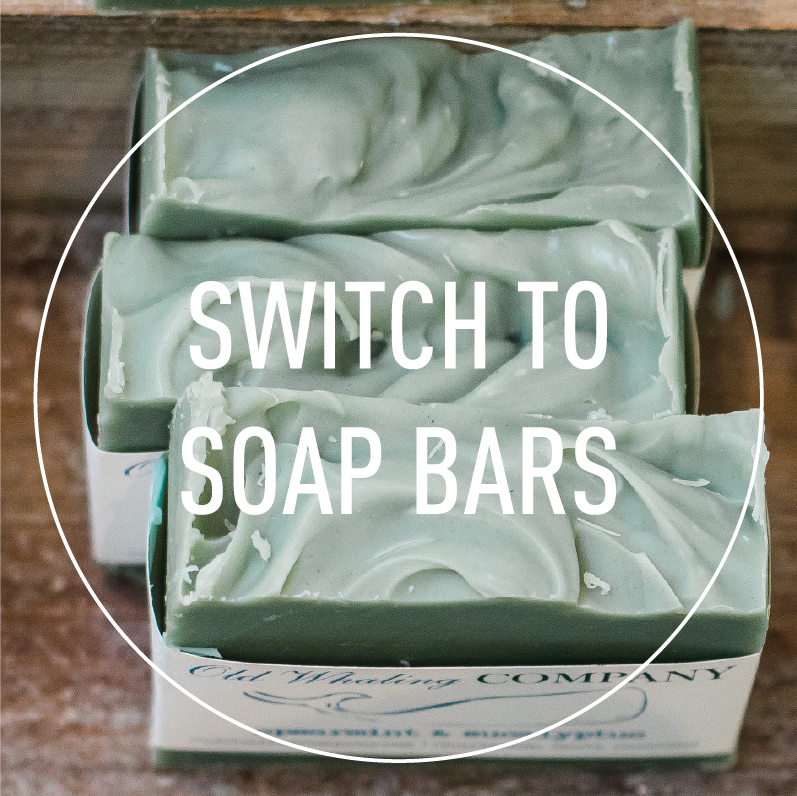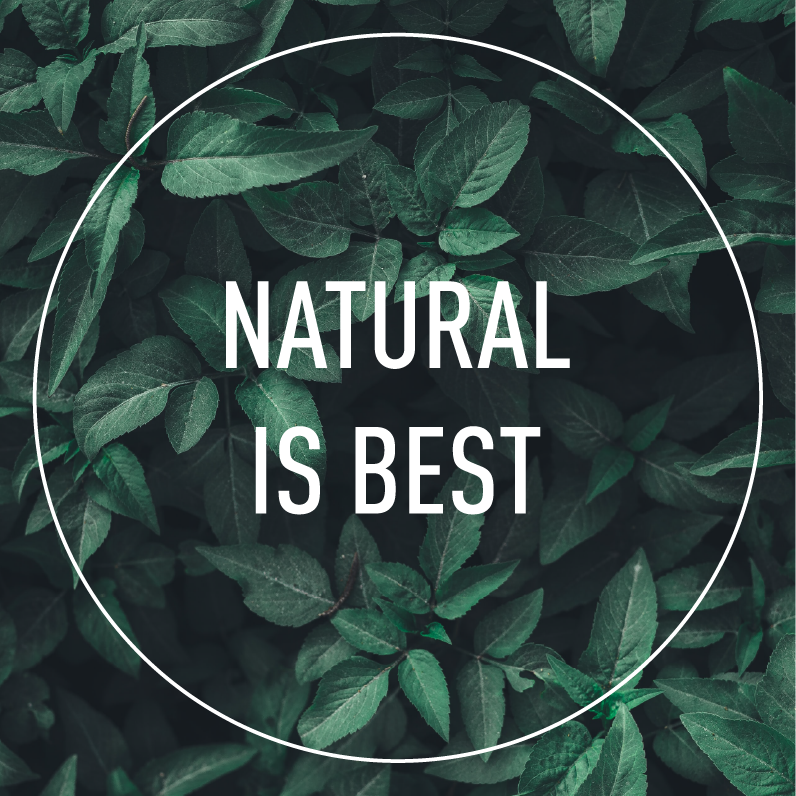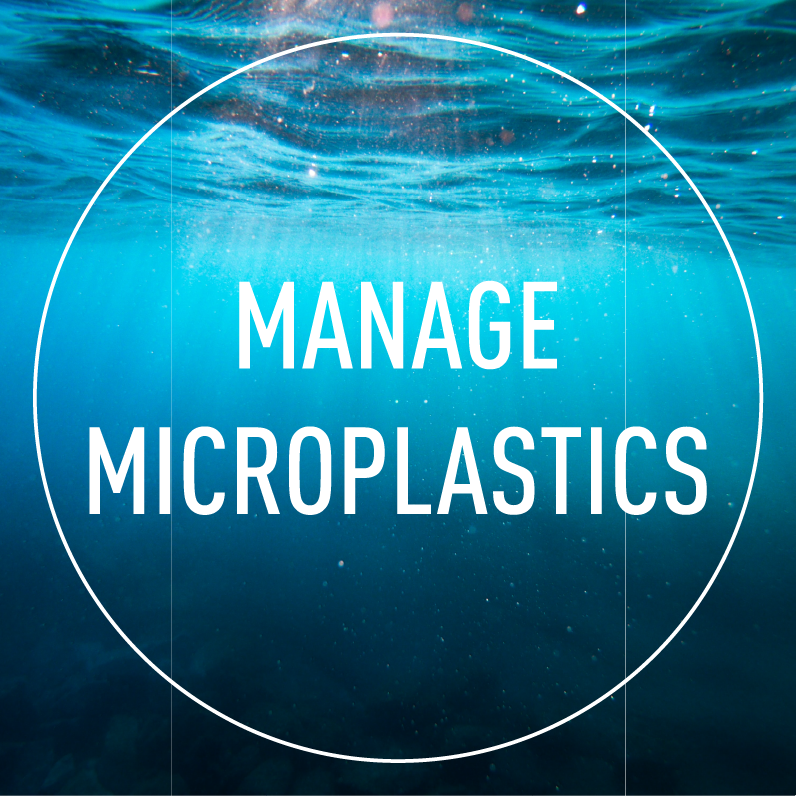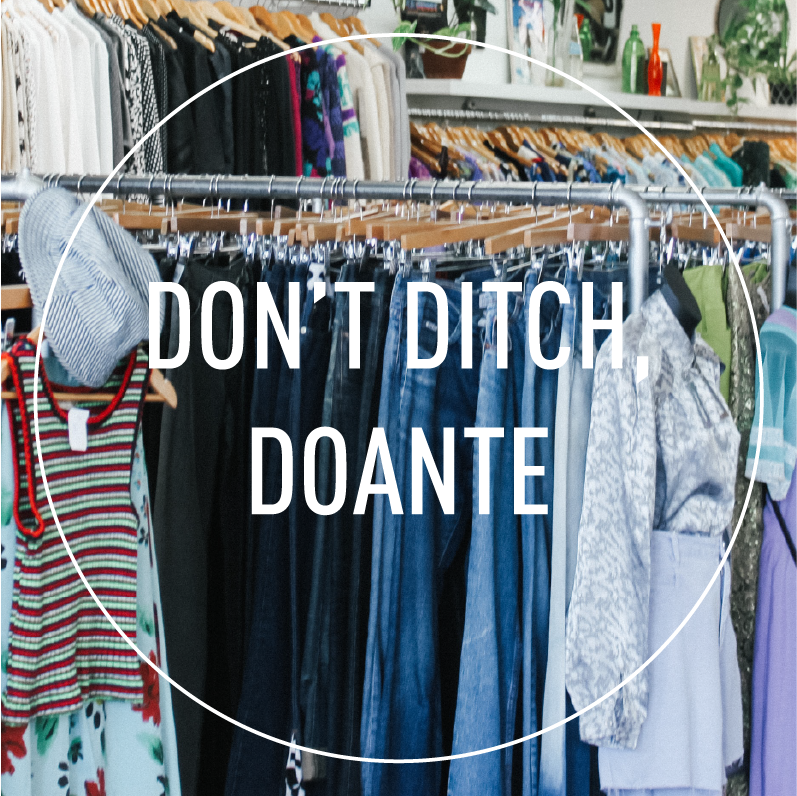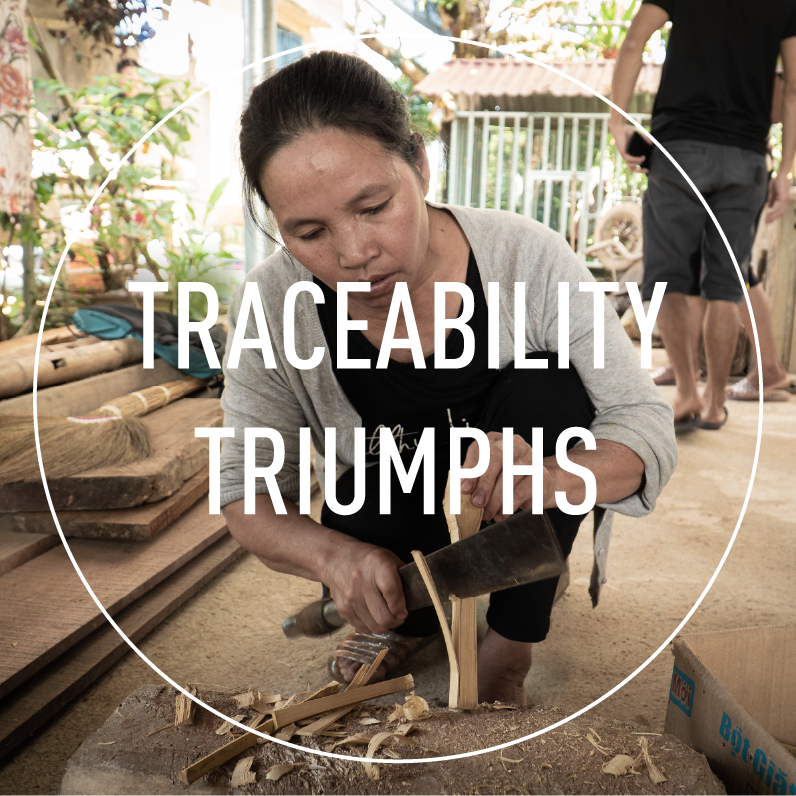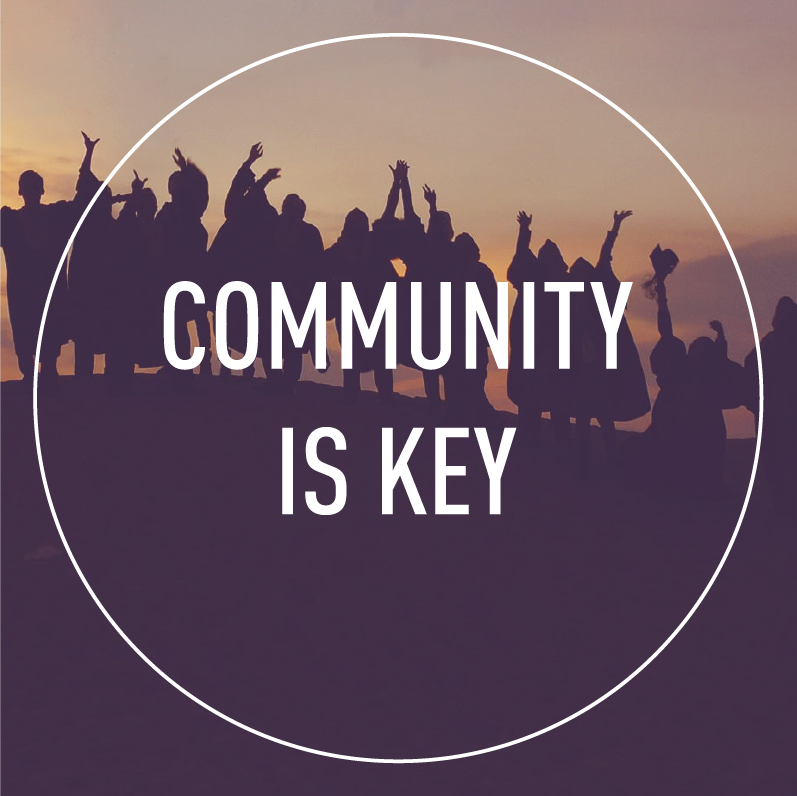20 WAYS TO LIVE A SUSTAINABLE LIFE IN 2020 (Part 2)
This is the second part of mini series that provides ideas for living a more sustainable life. It’s not our intention to tell you how to live, but instead offer some ideas for simple and easy changes to implement into a modern lifestyle. Follow one or all of them, or maybe come up with your own solutions, but doing something is ultimately key…which was, in fact, our number one suggestion!
You can read suggestions one to ten here, or crack on with the second half of the series below.
11. Choose organic
Buying organic products is a great way of ensuring that what you buy hasn’t been made using practices and techniques that are damaging to the environment.
The food industry is what initially springs to mind when you think about what organic actually means, however, it it can also be applied to other industries where natural resources are used to make things, such as textiles.
Organic standards are written into European law. They ensure that crops are produced in a way that is not harmful to the natural world. The standards state that fertilisers should be natural, pesticides shouldn’t be commonplace, artificial colours and preservatives are not allowed, use of antibiotics should not be routine and plants or animals whose genetics have been modified are banned.
In the UK, The Soil Association oversees organic certification, and their website is a great resource for anyone who wants to find out more about the certification process or look up accredited manufacturers.
12. Sustainable sanitary
Disposable tampons and panty liners are certainly the most common form of sanitary products found in supermarkets - they’re widely seen as being the most hygienic way of handling the monthly flow.
However, these single-use applications very often come wrapped in plastic packaging, have plastic applicators or have even been known to have plastic embedded in the products themselves.
Prior to the invention of disposable products, women used to make their own reusable pads from a wide variety of fabrics, and guess what - people dying from infection because they were using materials that had been used before was never a thing!
With increased awareness of the damage that single-use plastic is doing to the planet, there’s a resurgence in reusable products that resemble products from days gone by. Often hand-crafted, these reusable items are easy to use and provide a more sustainable alternative to their disposable counterparts.
13. Switch to soap bars
Soap making in the UK seems to be going through a resurgence, with lots of micro manufacturers looking to offer alternatives products to meet the demands of shoppers. A quick look at our records show that since we opened in September 2019 we’ve sold a whopping 450 bars of soap - we’ve probably sold more soap than anything else! And they’re all plastic free.
Along with your standard hand soap, you can now find bars dedicated to shampoo and conditioner, detox or shaving. There are unscented varieties for people who have sensitive skin, as well as facial bars and soaps that are made with ingredients such as goat milk, which is said to offer a wide-range of benefits.
So now, more than ever, is the time to lather yourself up with a plastic-free soap bar.
14. Natural is best
Not all household cleaning and personal care products are created equal. Many of the items found on supermarket shelves, produced by mainstream manufacturers, contain ingredients that have evidence to show they’re potentially harmful to health.
For example, kitchen cleaning products often contain sodium lauryl sulphate (SLS), which is a compound that helps to create foam. SLS has been known to cause skin irritations, especially for those with sensitive skin. Parabens are another group of synthetic compounds that are used for their antimicrobial and preservative qualities. Whilst they are effective at preventing the growth of bacteria, mould and fungus, parabens are also linked to cancer and can cause problems with hormones.
The good new is that there are plenty of alternative products on the market that opt for natural ingredients over synthetic, so it’s easier than ever to avoid things that are potentially harmful.
15. Manage microplastics
Did you ever notice that your favourite sweater or hoody is getting suspiciously thin after many years of dedicated service? Ever wonder why dryers have a filter to capture what looks like bits (lots) of fluff?
Washing your clothes is now known to be a process that flushes away fibres from clothing and other laundry items into waste water pipes. With polyester, acrylic and nylon accounting for around 60% of our clothing, this means that synthetic materials are constantly entering the natural environment.
These microfibres get washed into waterways and seas, get consumed by organisms that see them as food and we know how the rest goes - big fish eats little fish and therefore those microscopic bits of plastic spread through the food chain.
In the future, we hope to see machines that have inbuilt technology to ensure that only biodegradable material is allowed to leave via drains, but until then there are a variety of innovations that enable people to take matters into their own hands.
Guppyfriend is one such solution. It’s a bag in which you place your laundry in before it goes into the washing machine. The bag allows your clothes to be washed properly whilst capturing the microfibres they release.
Now we have this new knowledge we can all do our bit to prevent this microfibre madness from occuring.
16. Fly less
This one is tricky, as who doesn’t love a holiday to foreign lands, but flying is a big contributor to greenhouse gasses and climate change.
‘Flight free 2020’ is a British campaign that aims to raise awareness of the impact that increasing amounts of air travel will have on the environment. It encourages people to think about alternative ways in which to go on holiday, which is actually easier than it sounds.
Over the years, we’ve driven to the Alps to go snowboarding and mountain biking plenty of times and in 2018 we drove all the way from Manchester to Montenegro. We always have a car full of people where possible, which greatly reduces your individual carbon footprint for the journey. You’ll be able to take in lots more sights and it actually works out cheaper (when sharing the costs).
Don’t forget your road snacks (we’ve got your back) and the obligatory playlist.
17. Think about freight
Did you know that 95% of the world’s cargo is moved by ship? Apparently a single cargo ship can cover around 3/4 of a return journey to the moon in a single year (between 170,000 and 190,000 miles), which is a colossal journey that requires a lot of energy. Total emissions from shipping reportedly contribute to around 4% of climate change emissions.
But, what can we do about this seemingly unfathomable quandary?
We know for a fact that some of the products we sell within our shop will have been on a cargo ship at some point or another, however, we do try to source goods that are produced locally. When we identify an alternative product that is a better fit with our ethos, we’ll make the switch.
For example, when we came across Pastificio Carleshi, a pasta maker that’s based in London (of Italian heritage of course), we jumped at the chance to get their products on our shelves. They use organic grains, such as spelt, emmer and einkorn, which are all grown here in the UK so food miles are at a minimum. Better still, they don’t use plastic packaging, so it was a perfect fit - and it tastes great!
Ultimately, this one is all about being aware of where our products come from. Do a little digging and it there’s a suitable and viable alternative that’s made locally, go for it!
18. Don’t ditch, donate
Charity shops around the country thrive on hand me downs, so when you realise you’ve got far too many frocks, forks or fluffy toys, why not give them the opportunity to find a new home.
The proceeds of the sales go to the charities that run these shops, but just be careful when you deliver your donation, you might end up uncovering some new second-hand treasures!
There are plenty of good charity shops in Withington, head for Copson Street to start digging.
19. Traceability triumphs
Knowing exactly where your products have come from can be a difficult task. For example, a ‘Made in China’ label has negative connotations with sweatshops, yet conversely, the Chinese technology industry is regarded as one of the most progressive in the world.
Deciphering this can be daunting, which is why it’s important to use reputable and trustworthy brands where possible, such as Jungle Culture, who supply Lentils and Lather with products made from bamboo, coconut and other sustainable materials.
The Jungle Culture team are based in Vietnam, where they can ensure their products are created in good working conditions and their team of craftspeople are rewarded appropriately. They select raw materials that are grown in organic conditions as well as ensure that they don’t use much plastic in their supply chain.
20. Community is key
Finally, finding people who think similarly to you is a wonderful way to learn about different ways to have a positive impact on the planet. Everyone has their own take on what is the best thing to do and there is no right answer, however, we all have the capability to make small changes if we so desire.
Additionally, being close to your community can not only benefit you but there is huge scope for you to help others. What can be better than knowing your neighbours, visiting your local shops and bars and being able to say “hello” with a big smile.
Fixing the plastic problem and living a sustainable lifestyle doesn’t have to be a stressful task - if it is, the chances of success are limited.
Let’s make this fun. Let’s do this!

